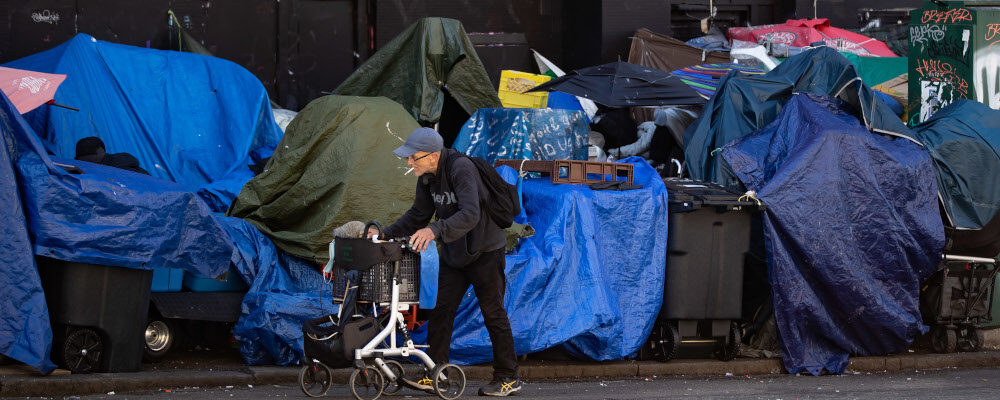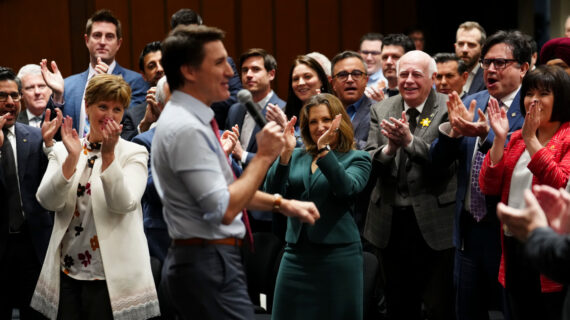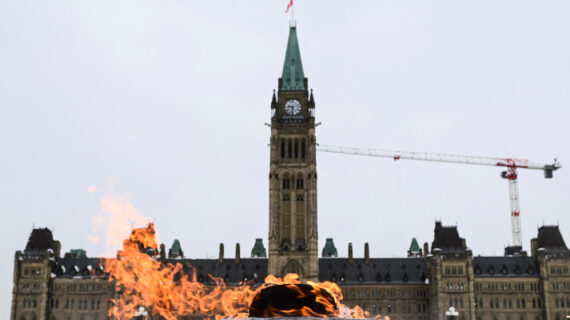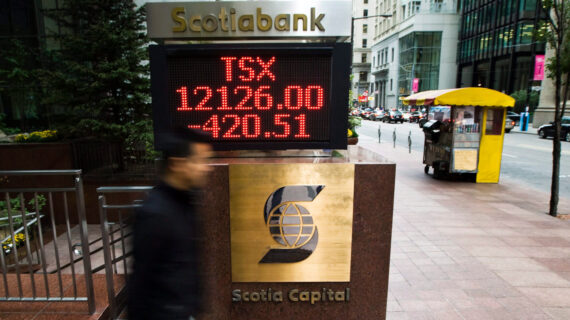Review of: Poverty, By America
Author: Matthew Desmond
Publisher: Crown Publishing Group, 2023
Following his best-selling book Evicted, which earned him a Pulitzer Prize, sociologist Matthew Desmon now tackles the nature of poverty in his latest book, Poverty, By America. Desmond says he wrote the book to get to the root causes of why the United States has around 38 million men, women, and children who live under the poverty line and can’t afford decent health care, enough to eat, and secure housing. Why so much misery in the world’s richest country? Poverty, By America argues poverty isn’t an accident or bad luck but intentional by those that benefit from it.
He doesn’t take the traditional economic causes blaming structural changes in America’s economy, globalization, immigration, or even the behaviour of the poor. The book’s essence is that poverty exists because too many people gain from the misery of others. Poverty exists because, as Desmond says, too many are warming their hands on the fire that fuels poverty. It’s a system designed to help the rich at the expense of the poor. Desmond, who teaches at Princeton University, speaks from experience, having grown up poor. Once trapped in poverty, it is almost impossible to escape the shame and degradation of wasted lives. And though all races suffer, Blacks and Hispanics suffer even more than poor Whites.
Poverty, by America is a story with enough scholarship to support his claim that greed and cruel indifference are the villains in America’s tale of woe and shame. And these villains are corporations, rapacious landlords, indifferent bureaucrats, and a general indifference by a public that has become numb to the misery of others.
Corporations come in for a significant part of the blame by limiting workers’ right to join unions such as Starbucks and Amazon. He believes unions were the backbone of America’s working classes, contributing to higher productivity and secure, well-paying jobs, and he longs for their return. He also believes higher minimum wages create more jobs. Desmond comes down hard on laws that allow corporations to hide profits offshore and landlords who earn more by renting to the poor in ghettos than those in wealthier neighbourhoods. Banks prey on the poor with exorbitant fees for short-term loans keeping them in a perpetual cycle of debt, while governments sit on millions of unallocated funds meant for low-income people.
He blames poorly designed support programs that never get to those in need, such as those who qualify for food stamps but never apply. He has a particular animosity toward those living in comfortable, safe communities while denying the same benefits to poor children through housing restrictions. Put these together, and we have a political and economic system perpetuating poverty. Desmond believes the U.S. could afford to house all the poor in America if only the rich paid their legal share of taxes.
Professor Desmond’s solution is to get angry and direct that anger at conditions that oppress the poor. At this point, he starts to sound more like Howard Beal in the movie Network when he cries out, “I’m mad as hell, and I’m not going to take it anymore.”
But is he right about poverty and its causes? And are his solutions the right ones?

Americans should be angry, especially at the rising level of homeless and the misery they bring. But the causes of poverty are more complex than those outlined by Desmond. Every year, millions fall below the poverty line, but millions rise above it, just as he did. Then there’s the question of defining poverty. A recent book, The Myth of American Inequality, argues that the correct number of poor is much lower when all transfer payments are included. This doesn’t diminish the need for more imaginative poverty programs, but it’s essential to understand the dimensions of the problem. Desmond believes that rising minimum wages is also a cure and hangs his hat on a 30-year-old economic controversial study. Minimum wage legislation benefits some workers but too often hurts small and marginal businesses, just as rent controls often help the wrong people. And even if the rich paid all their taxes hidden in offshore accounts, there’s little assurance they could pay for the mounting costs of subsidized housing, as California is discovering.
Desmond disparages recommendations that lower poverty, such as the conservative American Enterprise Institute’s study emphasizing education, stable families, and the ability to hold a job. AEI isn’t unique in its recommendation. The more liberal Brookings Institution says the same thing. He then patronizingly comments that such a formula might work for Whites but not Blacks. But we know that poverty will surely follow if teenage girls from poor families have children out of wedlock, depriving them of a chance for a better life. Perhaps Canada’s leading poverty expert, economist Chris Sarlo says that “bad choices are the dominant initiating cause of poverty” in the U.S. and Canada.
Deep poverty is a tragedy wherever you find it, even in rich countries. Desmond advocates that the poor aren’t getting the money they need to survive. Fair enough, but he ignores advice about behavioural changes that helped him escape poverty. Why deny others the same advice that gave him the good sense to become the success he is today? He ends his book by claiming, “We don’t need to outsmart this problem. We need to out-hate it.” Unfortunately, that’s not a plan; that’s an aspiration.




